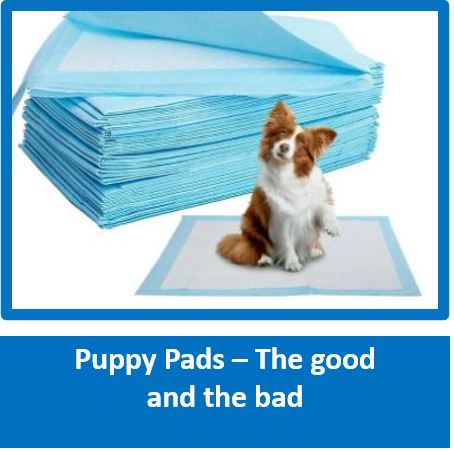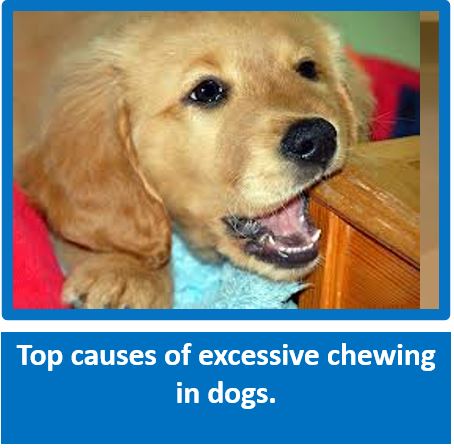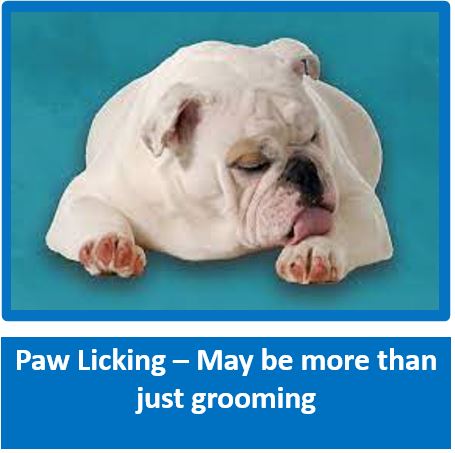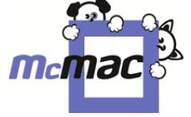
If you have a dog that is engaging in appropriate elimination, while you work towards solving the problem, do consider the use of Puppy Pads. Puppy Pads are not just for pups, they can be used for older dogs with toilet training problems and older dogs as well, that may not be able to make it outside to the toilet in time. We also have excellent Cleaning and Odour products to help you keep your home smelling fresh and to eliminate the smell of pets. Have a look on our website, to view our top quality toys and just about everything else you need for your pet and Little Critters. www.mcmac.co.za
Does Your Home Smell Like a Pet's Toilet?
Here are some tips to get rid of the smell
(sent to us by a reader who says these really work, so we had to share with you - sorry no source)
Here are some tips to get rid of the smell
(sent to us by a reader who says these really work, so we had to share with you - sorry no source)
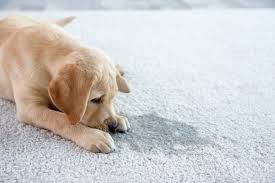
If your pet has never had an 'accident' in the home before, first and foremost try to determine what happened. Was the pet locked inside longer than usual? If this is the case, see what can be done from the management point of view of installing a doggy door perhaps so that easy access to outside can occur. Alternatively, you can make an inside dog toilet and train your dog to use this area.
Does this behaviour tie in with a major change in your dog's life - such as you suddenly going back to work or similar? What can occur in a situation such as this, is that the dog is suddenly feeling very unsure, and tends to 'mark' a particular area - this actually makes the dog feel more secure. It is very often the owner's bed. It could also be that there is a new addition to the family in the way of another pet, and the dog has started to 'mark' on furniture or similar, for the same reason as above. If this is the case, do get hold of a canine behaviour consultant to assist you before the problem worsens (www.animal-behaviour.org.za).
Another possible reason is health related. See if your dog has increased its water intake or if it is urinating more than usual. You can have a word with your vet and say your bringing your dog in for a check up, and what are things they would like you to keep an eye on before coming in. This could be asking you to see how often the dog is eliminating, if the dog is battling to pass urine, if there is a particular smell and so forth. Another health reason could be related to the dog's age.
If this habit has developed, we suggest you retrain your dog right from the beginning as if it was a puppy - dog must be totally supervised so accidents cannot occur. Under no circumstances do you shout or smack your dog for making a mistake - you examine why it has happened, and take steps to change.
Some Easy Ways to Eliminate Pet Urine Smells
Depending on a pet's diet, health and the frequency of accidents, urine smells can become quite overpowering. Fortunately, there are easy ways to eliminate those odours…
Does this behaviour tie in with a major change in your dog's life - such as you suddenly going back to work or similar? What can occur in a situation such as this, is that the dog is suddenly feeling very unsure, and tends to 'mark' a particular area - this actually makes the dog feel more secure. It is very often the owner's bed. It could also be that there is a new addition to the family in the way of another pet, and the dog has started to 'mark' on furniture or similar, for the same reason as above. If this is the case, do get hold of a canine behaviour consultant to assist you before the problem worsens (www.animal-behaviour.org.za).
Another possible reason is health related. See if your dog has increased its water intake or if it is urinating more than usual. You can have a word with your vet and say your bringing your dog in for a check up, and what are things they would like you to keep an eye on before coming in. This could be asking you to see how often the dog is eliminating, if the dog is battling to pass urine, if there is a particular smell and so forth. Another health reason could be related to the dog's age.
If this habit has developed, we suggest you retrain your dog right from the beginning as if it was a puppy - dog must be totally supervised so accidents cannot occur. Under no circumstances do you shout or smack your dog for making a mistake - you examine why it has happened, and take steps to change.
Some Easy Ways to Eliminate Pet Urine Smells
Depending on a pet's diet, health and the frequency of accidents, urine smells can become quite overpowering. Fortunately, there are easy ways to eliminate those odours…
- Soak It Up
When a dog has an accident, it is critical to soak up as much urine as possible as quickly as possible. Use paper towels and dab or blot the puddle, but do not smear it around or else more space will get stained and contaminated. If the puddle is on carpet or fabric, use strong pressure to blot the area until it is as dry as possible. The paper towel should be disposed of immediately, preferably in an outdoor trash can so there are no lingering smells. - Household Products
These are something to avoid! Many cleaning products contain Chloride, which is actually a component of dog urine, and end up making the area cleaned smelling even more like a toilet than before. - Use Enzymatic Cleaners
Enzymatic cleaners will break down the molecules of pet urine to eliminate odors. There are several types available, and they should be used according to the proper instructions. Use the cleaners as quickly as possible to minimize any odors or lasting stains. - Opt for Baking Soda
Baking soda naturally neutralizes odours. Sprinkle it liberally on the damp area or even an old urine stain, and work the powder gently into the fibers of any fabric, rug or carpet. Let the baking soda sit overnight for maximum odor absorption, then vacuum it up to remove the smell completely. - Keep It Dry
Any urine smells will be stronger when they are fresh and damp, and the longer fabrics remain damp, the more potent the smell will seem. After cleaning up the puddle, the fabric, rug or carpet must be thoroughly dried. Use a fan to improve air circulation, and open windows if possible to help fresh air circulate to minimize odors. - Find Old Stains
If new puddles have been cleaned up but odours remain, it is possible there are old, smelly stains around. Use a black light to see old urine stains on carpets and fabrics, and treat them with enzymatic cleaners, baking soda and other odour-eliminating treatments. - Try Wet Vacuuming
When a stain is older or deeper in a rug or carpet, a strong carpet cleaning may be necessary. Use only cold water for this cleaning (higher temperatures could bond the urine to the fabric so it cannot be removed), and add an enzymatic cleaner for more thorough breaking down of odor-causing proteins. After vacuuming, allow the area to dry thoroughly. - Remove Rugs and Carpeting
There may be times where there have been so many accidents or the pet's health may make it difficult to completely remove odours or prevent future unwanted puddles. In this case, it may be best to remove fabrics that can soak up urine – it will be much easier to eliminate urine smells from tile or linoleum flooring instead of fabrics. - Clean More Than Floors
Pet urine gets on more than flooring, and stains that are left on walls, furniture legs or draperies can continue to smell long after the floor has been cleaned. Similarly, incontinent pets may "leak" on their bedding. When a pet urinates or sprays on other items, they need to be cleaned and deodorized just as thoroughly as the floor or else the odors will linger. - Consider Professional Cleaning
Professional carpet and fabric cleaning services have stronger equipment and are better able to detect and remove old urine stains that may still smell. While it may be more expensive to hire a professional cleaning service, it can be well worthwhile if many stains need to be removed or stubborn areas need more complex treatment. - Keep the Litter Clean
Even if a pet urinates in the proper area, occasional near-misses can cause odors to linger and grow stronger. Clean the litter box, puppy pad area or similar location frequently, using enzymatic cleaners and other deodorizing agents as needed. Bear in mind, however, that some small odurs may well remain in this area and can help remind your pet about the right area for their business. As above remember to ascertain that no cholorine is used in the products they use. - Reinforce Training
Once a pet is housebroken, their training shouldn't be over. Frequent refreshers for their potty training can help reinforce where it is appropriate for them to urinate. Letting pets outdoors more often or scheduling more frequent walks and potty breaks can help minimize accidents that would lead to unwanted odors. - Consider Diet and Health
While an animal's urine naturally smells – those scent markers help designate territory – a very strong odour or abrupt odour change may indicate health problems. A change in diet can also affect the odour of urine, and offering your pet certain foods can reduce odours. If a bad smell persists, consult with a veterinarian to investigate any digestive or other problems or health issues.


